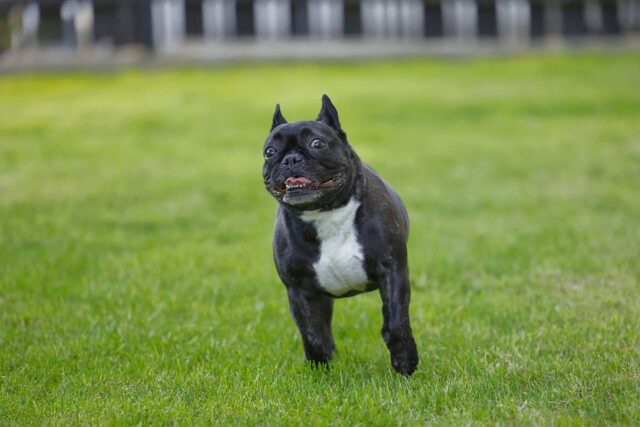 Shutterstock
Shutterstock
Snoring can be a common phenomenon among dogs, much like it is with humans. Some dogs snore due to their anatomy, lifestyle, or health conditions, and for some breeds, this trait is particularly pronounced. For dog owners who might be amused—or perhaps a bit frustrated—by the sound of their canine companion’s nocturnal noises, it’s helpful to know which breeds are more likely to rattle the windows with their snoring.
Pekingese
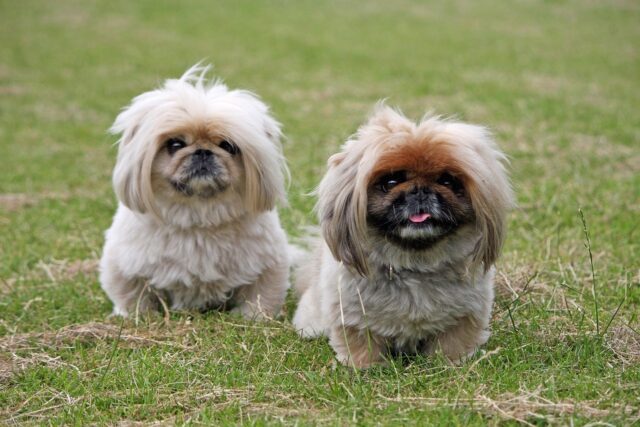 Shutterstock
Shutterstock
The Pekingese is a small yet mighty breed known for its dignified appearance and charming personality. Originating from China, these dogs have a distinct flat face, which is one of the primary reasons they are prone to loud snoring. The brachycephalic (short-nosed) structure of the Pekingese can lead to respiratory issues and sleep disturbances, including snoring. Their small nostrils and elongated soft palate often obstruct the airways, causing vibrations that result in those notorious snoring sounds. Additionally, Pekingese dogs are known to be relatively sedentary, which can lead to obesity—a condition that exacerbates snoring. Owners of these regal little dogs often find themselves chuckling at the grand snoring coming from such a petite pet, but it’s essential to monitor their health closely to ensure their respiratory issues don’t lead to more severe problems.
French Bulldog
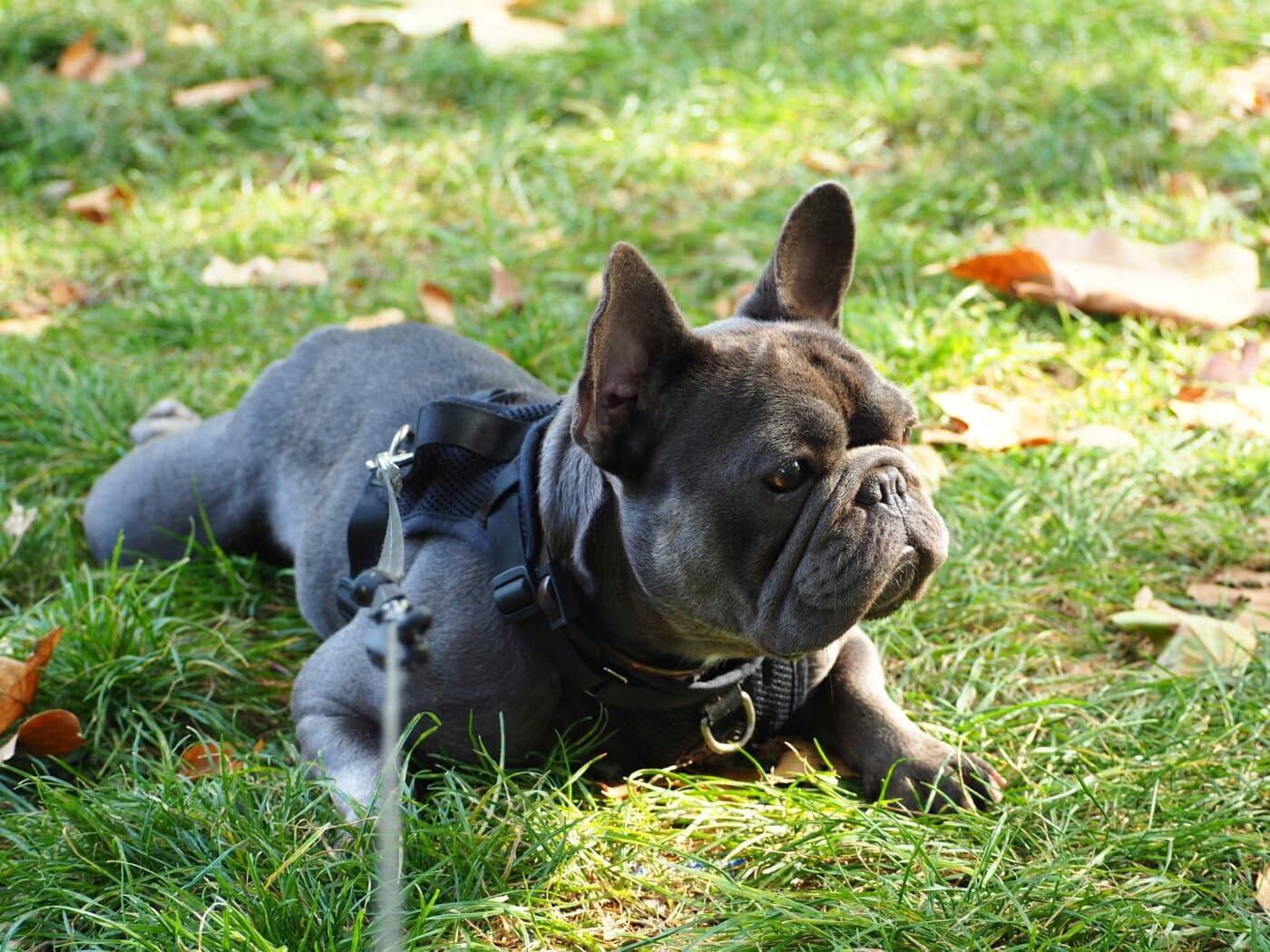 Shutterstock
Shutterstock
French Bulldogs are adored worldwide for their adorable bat-like ears and affectionate nature. However, these compact, muscular dogs are also notorious snorers. Like the Pekingese, French Bulldogs have a brachycephalic skull shape, which contributes to their propensity for snoring. Their short snouts mean that their nasal passages are shortened and can easily become blocked, leading to breathing difficulties and snoring. French Bulldogs are also known to have a relatively relaxed lifestyle, which can result in weight gain and further exacerbate snoring. The combination of their facial structure, a tendency towards obesity, and sometimes even allergies or respiratory conditions can make French Bulldog snoring quite pronounced. Despite the noise, their endearing personalities make them beloved companions, and many owners consider their snoring just another charming quirk.
Shih Tzu
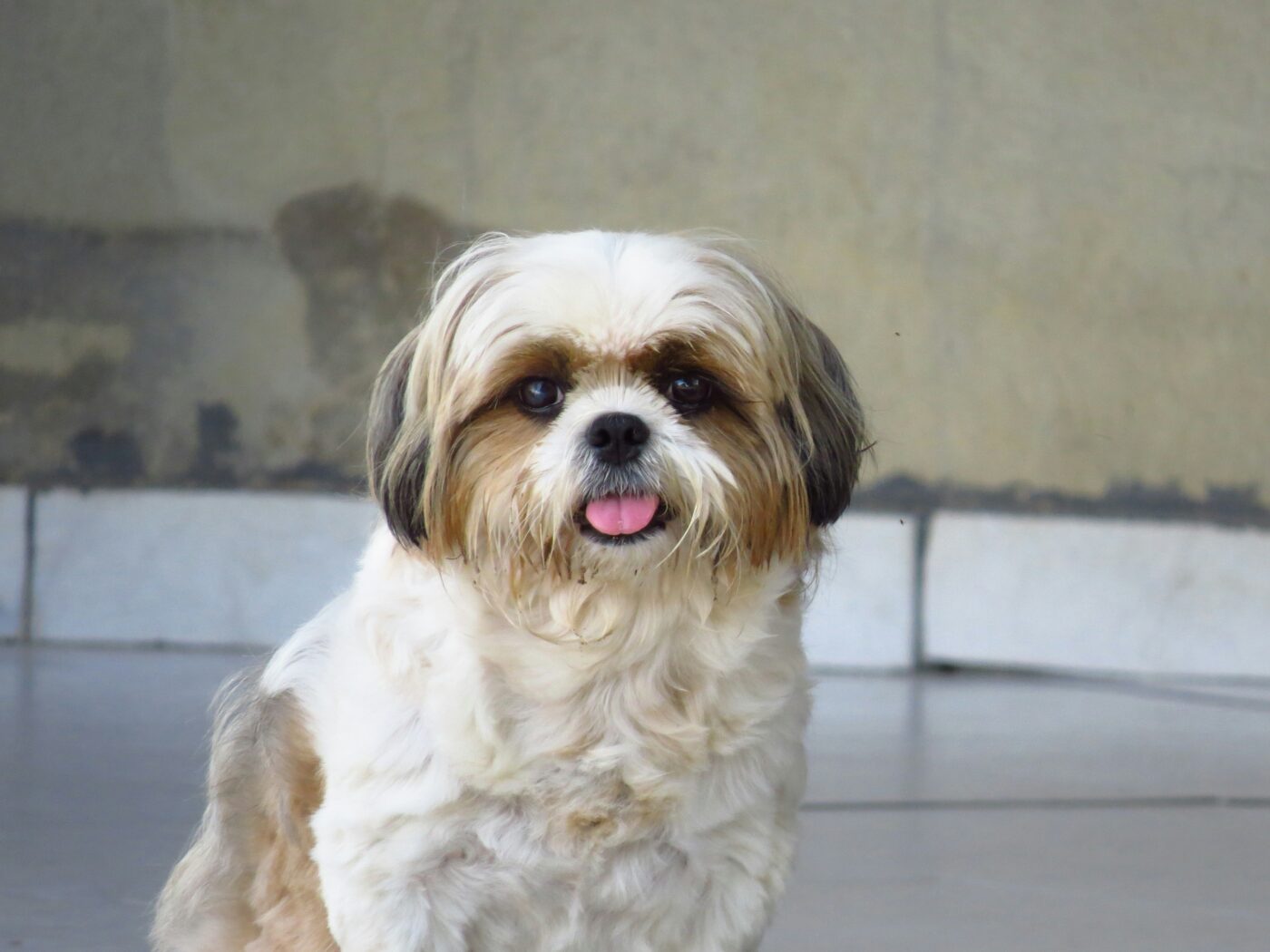 Shutterstock
Shutterstock
The Shih Tzu, a breed with a name that translates to “lion dog,” is another brachycephalic breed known for its sweet disposition and luxurious coat. Shih Tzus have a shortened nasal cavity, which can lead to various breathing issues, including snoring. The structure of their face means that air has to pass through narrow passages, often causing turbulence and the characteristic snoring sound. These dogs also tend to have elongated soft palates, which can obstruct the airway during sleep. Additionally, Shih Tzus may suffer from allergies that cause nasal congestion and further contribute to their snoring. Despite these challenges, Shih Tzus are incredibly affectionate and loyal pets, making the occasional nocturnal noises a small price to pay for their companionship.
English Bulldog
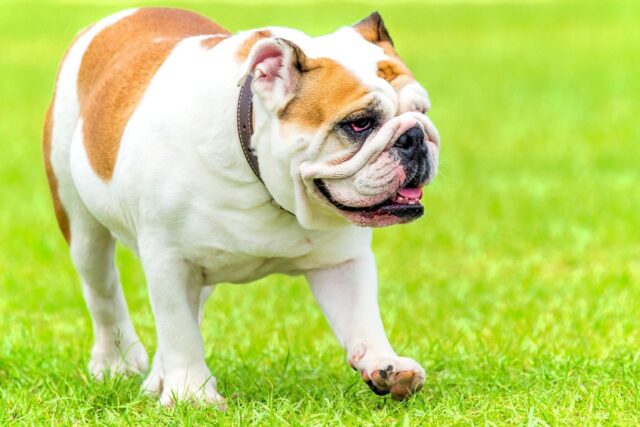 Shutterstock
Shutterstock
English Bulldogs are renowned for their distinctive wrinkled faces and stocky build. This breed is a quintessential example of a dog that snores loudly. The English Bulldog’s short muzzle and broad, flat face contribute significantly to their snoring tendencies. Their airways are often partially obstructed due to their anatomy, causing loud vibrations as they breathe during sleep. English Bulldogs also tend to have a more sedentary lifestyle, leading to obesity, which can further exacerbate their snoring. This breed is also prone to respiratory issues such as brachycephalic obstructive airway syndrome (BOAS), which makes breathing even more challenging and increases snoring. While their snoring can sometimes sound alarming, English Bulldog owners often find it part of the breed’s unique charm.
Boston Terrier
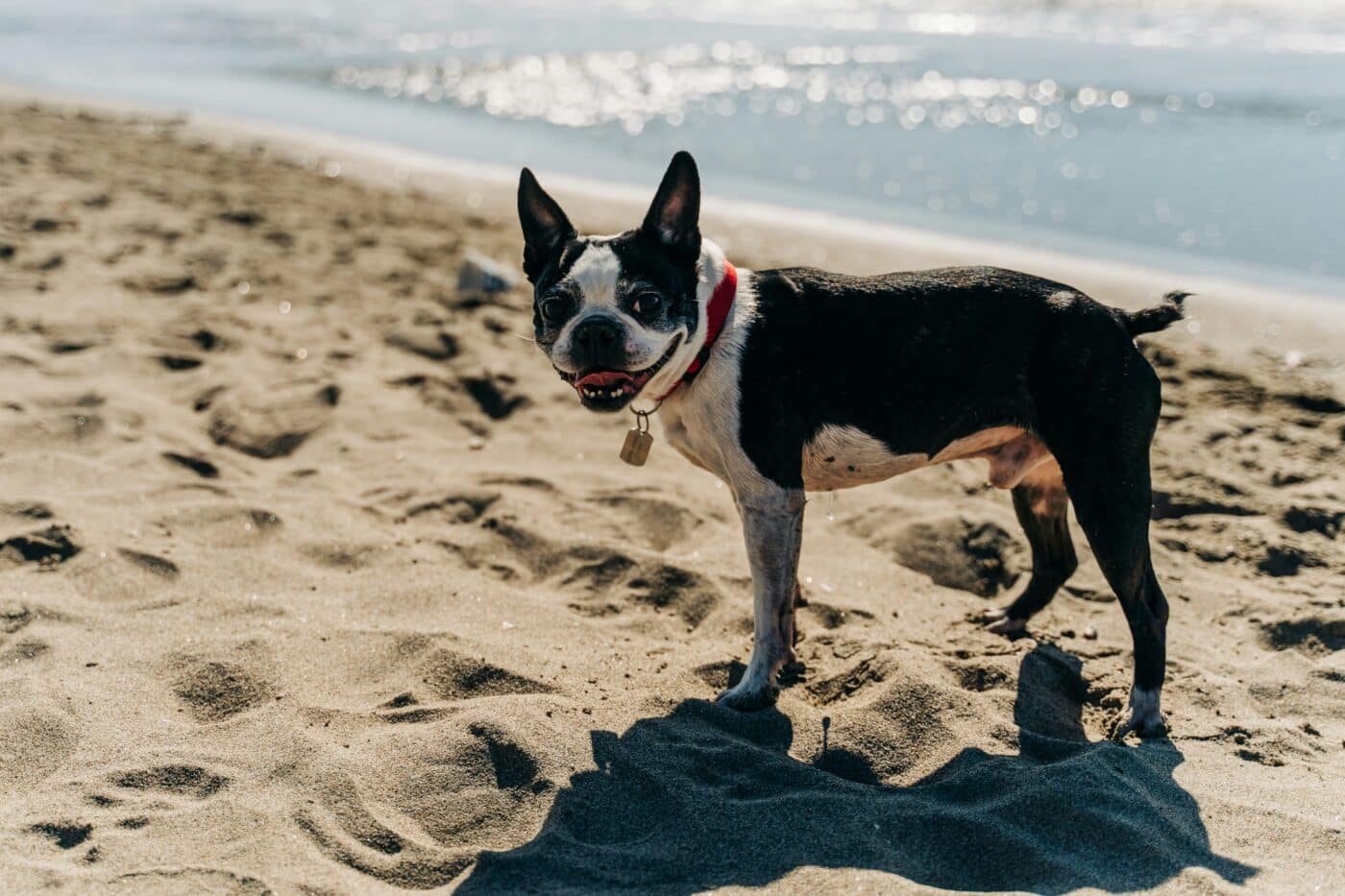 Shutterstock
Shutterstock
The Boston Terrier, known as the “American Gentleman” due to its tuxedo-like markings, is another breed prone to snoring. These small, compact dogs have a short, flat face that predisposes them to snoring. The brachycephalic structure of Boston Terriers means their airways are more likely to be obstructed, leading to the noisy breathing typical of snorers. Boston Terriers also have a relatively high energy level but can suffer from breathing difficulties, especially in hot or humid conditions. This can cause them to pant and snore more frequently. Their charming personalities and endearing looks often make up for the nighttime noise, and many owners find their snoring to be just another endearing aspect of their beloved pets.
Cavalier King Charles Spaniel
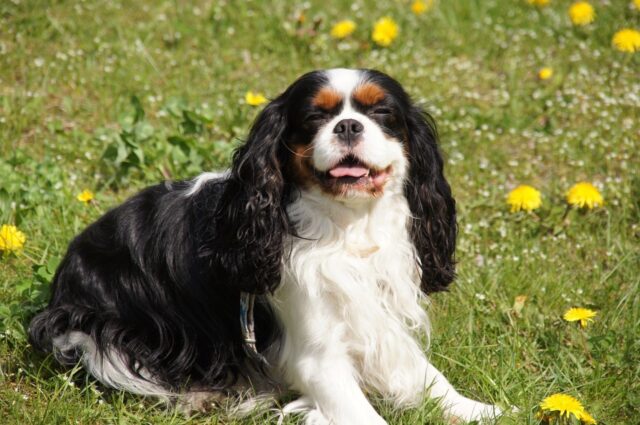 Shutterstock
Shutterstock
The Cavalier King Charles Spaniel is a breed known for its affectionate nature and elegant appearance. However, they are also known to be quite the snorers. The structure of their head, with a relatively short snout and sometimes narrow nasal passages, contributes to their snoring tendencies. Cavalier King Charles Spaniels can also suffer from respiratory issues such as elongated soft palates and nasal congestion, both of which can lead to snoring. Additionally, this breed is prone to obesity if not properly exercised and fed, and excess weight can exacerbate snoring. Despite their nocturnal noises, Cavalier King Charles Spaniels are beloved for their gentle and loving demeanor, making them popular companions.
Boxer
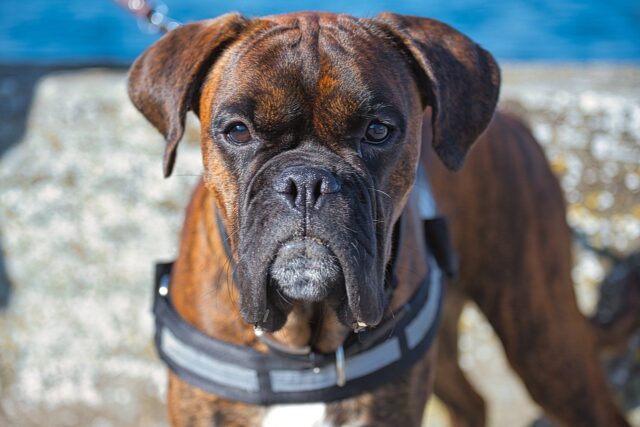 Shutterstock
Shutterstock
Boxers are known for their playful and energetic nature, as well as their distinctive, broad faces. This breed’s short muzzle is a significant factor in their tendency to snore loudly. The brachycephalic structure of the Boxer means that their nasal passages are often narrower, leading to airflow obstruction and snoring. Boxers are also prone to allergies and respiratory issues that can contribute to their snoring. Additionally, their muscular build and sometimes relaxed lifestyle can lead to weight gain, which further exacerbates the issue. Despite the noise, Boxers are incredibly loyal and protective, making them excellent family pets who are well worth the occasional snore.
Pug
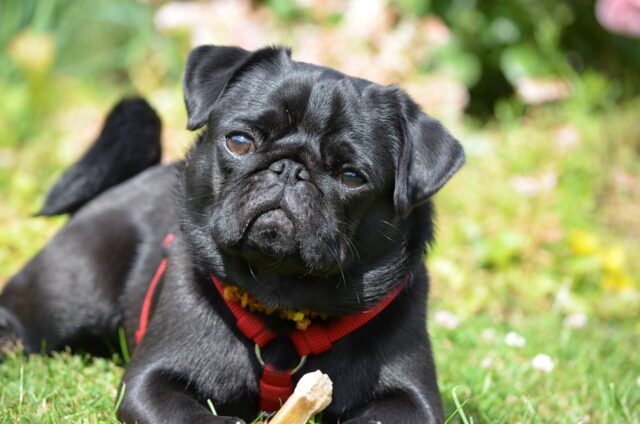 Shutterstock
Shutterstock
Pugs are small dogs with big personalities and an unmistakable appearance. Their flat faces and large, expressive eyes make them instantly recognizable—and significant snorers. Pugs have very short nasal cavities, which can lead to breathing difficulties and loud snoring. Their airways are often partially blocked due to the shape of their skulls, causing vibrations that result in snoring. Pugs are also prone to obesity, which can further contribute to their snoring. Additionally, Pugs can suffer from respiratory conditions such as brachycephalic obstructive airway syndrome (BOAS), which makes breathing even more challenging. Despite their snoring, Pugs are adored for their playful and affectionate nature, making them popular pets despite the nighttime noise.
Dogue de Bordeaux
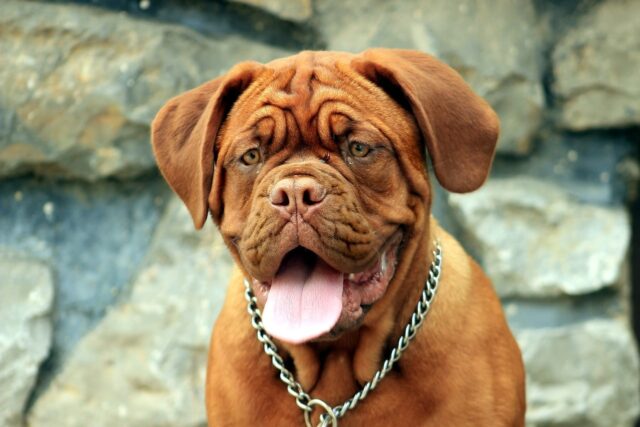 Shutterstock
Shutterstock
The Dogue de Bordeaux, also known as the French Mastiff, tops our list as the breed most likely to snore louder than Grandpa. This large, muscular dog has a broad, wrinkled face with a short muzzle, making them prone to loud snoring. The Dogue de Bordeaux’s anatomy includes a large head and short airways, which can lead to significant respiratory noise during sleep. This breed is also known for its relaxed lifestyle and tendency to gain weight, both of which can exacerbate snoring. Additionally, the Dogue de Bordeaux can suffer from respiratory issues such as elongated soft palates and narrow nostrils, further contributing to their snoring. Despite the noise, these dogs are known for their loyalty and protective nature, making them beloved companions who are well worth the occasional snore.
These Snoring Champions
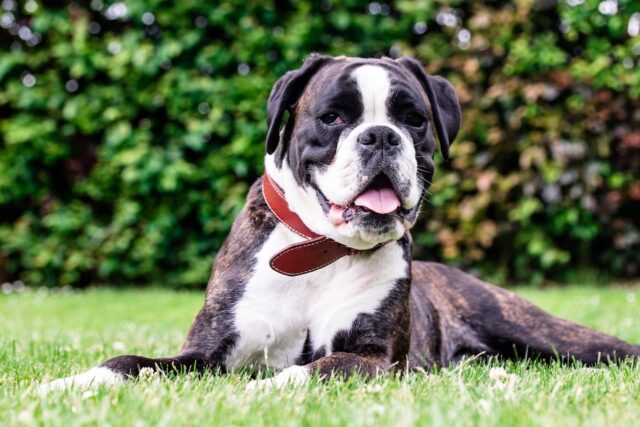 Shutterstock
Shutterstock
Snoring in dogs can be endearing and even humorous, but owners need to be aware of the potential health implications. Regular veterinary check-ups and maintaining a healthy weight can help manage snoring and ensure that these beloved breeds lead happy, healthy lives. While the sound of a snoring dog might be loud enough to rival Grandpa, the companionship and joy they bring to a household make every snore worthwhile.
 Toledo, United States.
Toledo, United States.